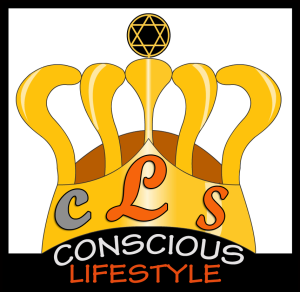Blog
The Jewish civil law
- March 8, 2013
- Posted by: admin
- Category: Uncategorized
 This may refer to:
This may refer to:
Halakha (Hebrew: הֲלָכָה) —also translated Halocho or Halacha—is the collective body of religious laws for Jews, including biblical law (the 613 mitzvot) and later talmudic and Rabbinic law, as well as customs and traditions.
The name Halakha is derived from the Hebrew halakh הָלַךְ, which means “to walk” or “to go”; thus a literal translation does not yield “law”, but rather “the way to go”.
Jewish Civil Law is a system of rules, instructions and guidelines from the Torah which are enforced via the Torah teachings and observation to govern behavior.
These are also the laws which pertains to the civilization of a community or society (dealing with ownership and possession; real property; decisions; law, equity and morality; law and illegality; prohibited transactions; knowledge, intentions and consent; and more).
As a community is psychologically developing or upgrading from one age or generation to another, the teachings of Jewish civil laws helps the citizens to be able to make that transition.
The Jewish Civil law is a branch of common law dealing with relations between individuals, organizations, agricultural laws, natural laws, the transacting of business affairs among people, the principles governing leaders in leadership, and the adjustment of one’s life towards the prophetic and the Kabalistic spiritual environment.
(legal system) or any of the various systems or codes of law which are derived from the written Torah and the Jewish Oral law.
